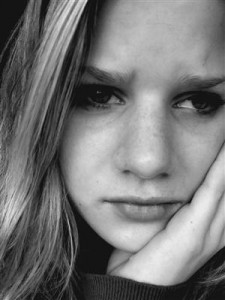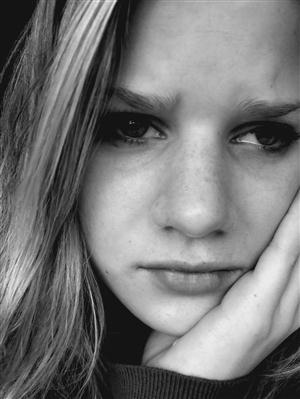Depression
Depression is more than just feeling low or having the blues, it is one of the most common of all mental health problems. Beyond Blue reports that one in five Australians experience depression at some point in their lives. Depressive symptoms include a persistent feeling of sadness or feeling empty, loss of interest or pleasure in normal daily activities and feeling isolated. Depression can also cause physical symptoms such as an increase or loss of appetite, weight loss or gain, fatigue and lack of energy.
Depression is also known as Major Depression, Major Depressive Disorder and Clinical Depression. Depression affects how you feel and think. For example feeling irritable, frustrated, loss of concentration or the inability to focus on tasks. In addition, you may have trouble performing normal day-to-day tasks and activities. Depression may make you feel as if life isn’t worth living and initiate thoughts of death or suicide.

Depression can affect any kind of person at any stage of life – young or old. Depression isn’t a weakness, nor is it something that you can shake off. Depression is a chronic illness that usually requires treatment, just like any health condition. Most people who suffer from Depression report feeling better or a decrease in symptoms with the help of psychological counseling and medication.
Other activities that can assist in dealing with Depression include:
- Regular Exercise
- Eating Healthy and reducing junk food
- Reducing alcohol and caffeine intake
- Relaxation such as yoga, meditation or reading
Anxiety
An anxiety disorder is a medical condition characterised by persistent, excessive worry. Anxiety disorders can take on a number of forms and can affect people of all ages. It is a feeling of fear or catastrophe that a person experiences when confronted with a situation or event they cannot manage or control. When a person experiences anxiety their thoughts are continually assessing the situation and calculating how well they will cope, based on past experiences. Anxiety can interfere with a person’s ability to carry out or take pleasure in normal daily activities.
Although some anxiety is a normal response to a stressful situation, if the person’s anxiety level is excessive, they may not be able to manage the stressful or threatening situation effectively. As a result the person may “freeze”, avoid the situation or fear they may lose control.
Symptoms of anxiety include:
- An intense physical reaction which stimulates the nervous system causing physical symptoms such as a racing heartbeat, difficulty breathing, feeling faint or shaking, sweating or upset stomach.
- Ongoing symptoms of Anxiety include difficulties in falling or staying asleep, nausea, headaches, panic attacks and tiredness.
- Negative thoughts about the person’s ability to cope with the situation such as “I can’t cope with this”.
- Avoiding situations or uncharacteristic behaviour including irrational actions or aggression.
- An emotional reaction reflecting the high degree of distress the person is experiencing.
- Intense or excessive worry about social situations
- Compulsions and obsessions which they can’t control

Treatment
Treatment can assist people in managing, reducing or even eliminating symptoms associated with anxiety disorders. Psychological therapy is an effective treatment and most people can learn to deal with their symptoms and regain normal functioning.
Other treatments used to assist in the management of Anxiety include medication, acupuncture, massage and making lifestyle changes such as increasing exercise and reducing stimulants and depressants such as caffeine or alcohol.


